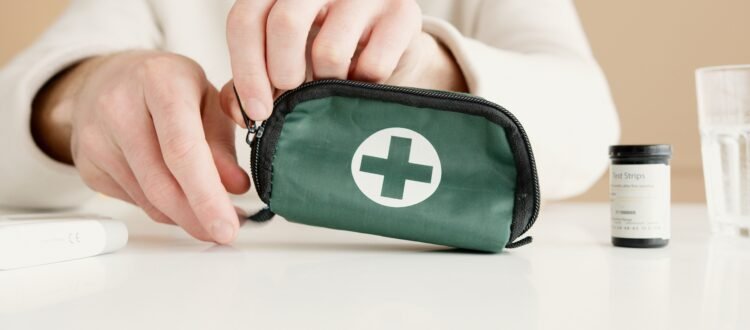What can technology do for sexual health?
Sex technology suffers a great deal of stigma and censorship. The general rhetoric surrounding the industry is focused entirely on smart toys and technologically-enhanced orgasms. While of course these are large and important focuses, sex technology goes far beyond this. Bryony Cole – the world’s leading authority on sex technology – told Dynamic Business that the industry also addresses pressing themes and issues such as healthy relationships, supporting reproductive and sexual health, assault reporting, and education.
Technology’s role in reproductive and sexual health is not new: innovations in this area have brought us gamechangers like the condom and the contraceptive pill. Now that technology continues to advance, the opportunities for innovation in sexual health are limitless.
New technological developments in sexual health will transform how we manage our health and relationships. For example, innovators such as Biem help people to get tested to sexually transmitted diseases and infections. Additionally, the iPlaySafe platform allows you to securely track and share your sexual health status, aiming to make awkward testing conversations a thing of the past. They draw on blockchain to ensure the security and trustworthiness of their data.
Sex technology can also transform healthy relationships. It can be confronting for people of all ages, and all walks of life, to talk about and develop romantic relationships that are fulfilling for both them and their potential partner/s. Platforms like Blueheart use artificial intelligence to provide support for people who are struggling with sexual challenges – whether they are single or in a relationship. The sexual education platform Beducated allows users to learn everything they need about sexual health and pleasure, in a non-judgemental way. All of these tools have security and privacy at their core, so users need not worry about their concerns being heard or seen by anyone else.
The sex technology industry is growing fast in sexual health, and diversity is a strong theme now and into the future. There is no ‘one-size-fits-all approach to developing technology for sexual health – people’s bodies and needs are different, and successful products will need to tactfully navigate inclusivity and appropriate targeting in their products. It is an exciting time for the industry, and we are looking forward to publishing more context on the latest sex technology innovations in sexual health.
